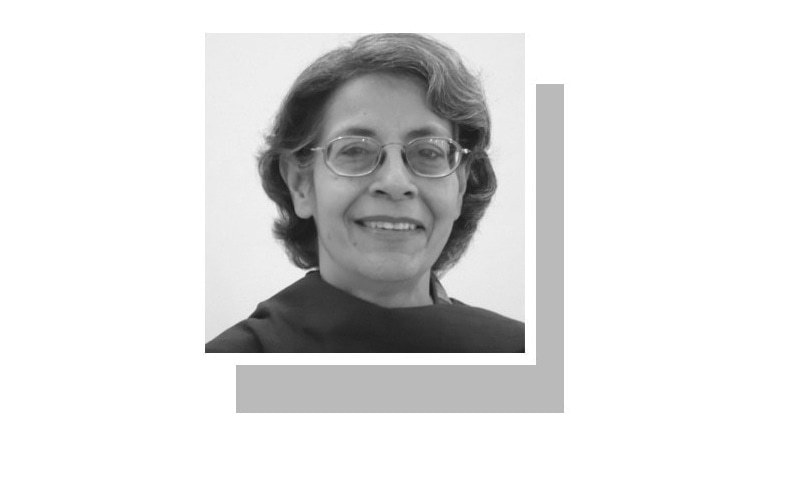
THE Quran describes itself as the Furqan, ie that which distinguishes truth from falsehood. “Blessed is He who sent down the criterion to His servant, that it may be an admonition to all creatures” (25:1). This is the criterion or standard that differentiates between good and evil, pious deeds against wrongdoing and those who are beloved by God against those who expose themselves to His wrath.
The Quran is considered variously as a book of prescriptions for daily life; a book of laws and regulations; a book of guidance; a book of sanctity, of science or a combination of these. The most common belief is that it is a book of rules, and Muslims as well as non-Muslims believe that it has brought the Sharia (equated with law) for Muslims. And yet, the Quran is foremost a book of ethical principles for those who can look beyond into its depths.
‘Sharia’ means a path in Arabic. The path to God lies in adopting righteousness that follows from faith and submission to God, qualities that are attributed to Hazrat Ibrahim and other prophets and that were preached throughout the centuries.
The Quran is foremost a book of ethical principles.
Like the Torah and Injeel, the Quran also reminded people of basic morality, a message which had been sent continuously through His messengers, and which the people had forgotten. In pre-Islam Arabia, for example, people were mostly polytheists, exploited the weak and the poor and were unjust and oppressive to women. Men used a number of ways to exploit their numerous wives. If they got tired of them, they would say that they were like their mothers, and this implied that they were no longer man and wife. However, whenever they wanted, they would return to claim their marital rights.
This was an abhorrent act called zahar, and the Quran forbade it clearly. Since Arab society was tribal, relying on the physical ability of men to fight and travel and bear hardships, they were the bread earners and hence given a slight priority over wives in terms of divorce and inheritance. In case of a testimony over a financial matter in front of people, two women were considered to be able to do so and thus provide support to each other and be less overwhelmed.
One of the practices very common in those times was the debt which a poor man would owe to a moneylender which would increase exponentially as the former would be unable to pay the capital and ultimately the entire family and generations would become the moneylender’s slaves. This was riba, which was strictly forbidden.
As society changes, so do humans evolve and their intellectual and physical abilities change. Over the past centuries, human evolution has been faster than ever before. Women and men possess equal potential for intellectual excellence; both can do the same or similar jobs and in many countries, are equal partners in bringing up a family and contributing to societal development. The specific rules provided by the Quran need to be studied in terms of their relevance in the context of the society of tribal Arabs in the seventh century and the wisdom extracted from them.
This wisdom should then be applied to the society of today and laws made that meet the basic guidelines of justice, equity and morality defined in the Quran. That no person should be oppressed by any other; that no person is of higher status except in piety and this can only be determined by God and that both women and men should adopt modesty and morality in their interactions. There is, of course, room for considerable subjectivity in what a society considers moral or otherwise, and this must be determined by personal and collective wisdom.
In Muslim societies, Sharia has come to be equated with rules and procedures while guidance in ethics and morality has been lost somewhere. Many Muslim scholars justify economic misdeeds, greed, exploitation, marrying many women, slavery, depriving women of their inheritance, beating wives based upon verses that were never meant to do any of these. They spend their efforts in resisting any movements that advocate educating women and laws against domestic violence and supporting feudal systems that uphold economic exploitation of the poor. It has become easy to give fatwas and declare anything haram without thinking of the context, then and now.
One of the major scholars of our times, Fazlur Rahman, suggests that the Quran is a response to the social, moral, religious issues present in the society where it was revealed and it would be necessary to study its specific responses, distil its general meanings, study the present socio-moral context and then apply its generic guidance. Without this, Muslims might remain in the conundrum of their ignorance, both of the Quran and the challenges of our times.
The writer is a freelance contributor with an interest in religion.
nikhat_sattar@yahoo.com
Published in Dawn, August 10th, 2018











































